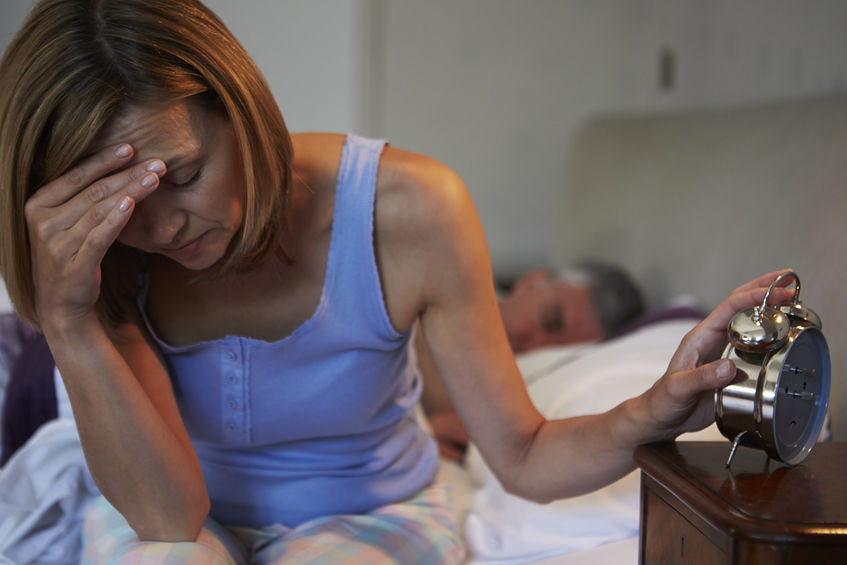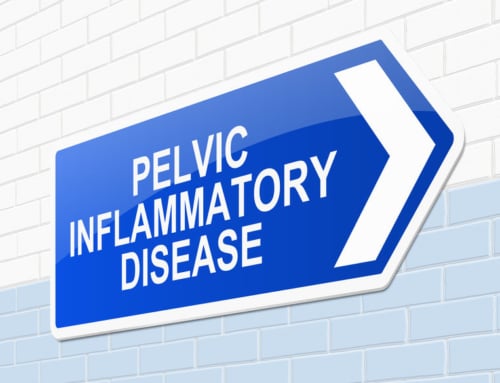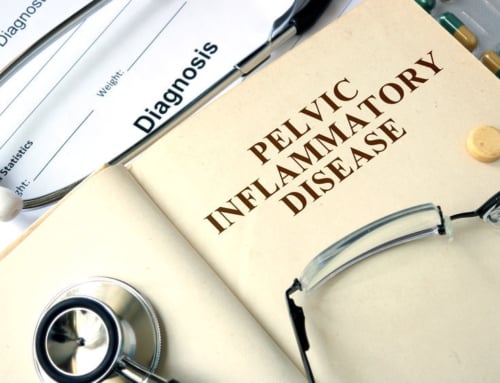What is Insomnia?
Insomnia is the inability to fall asleep and stay asleep. In cases of acute insomnia, which is brief and often related to life events, many people tend to experience relief without seeking treatment. Alternatively, chronic insomnia is characterized by disrupted sleep that occurs at least three nights per week lasting for at least three months. Chronic insomnia can be related to stressful life events, but can also be the result of a medication or a medical condition. Harvard Health states chronic insomnia is a problem that affects mood, daytime alertness and performance, and emotional and physical health. People with chronic insomnia may need to seek treatment in order to regain normal sleeping patterns.
Menopause caused insomnia
Menopause can have many symptoms that create discomfort in women. Insomnia can be a direct result of menopause or other symptoms brought on by this hormonal change. The hormone changes brought on by menopause can directly affect sleep. The sleep-producing hormone progesterone is decreased, so the body may have more difficulty falling and staying asleep. Additionally, hot flashes and night sweats can be responsible for preventing or interrupting sleep. During these extreme changes in temperature, the body is experiencing a sudden surge of adrenaline, which can be difficult to recover from.
Symptoms
Women experiencing menopause-caused insomnia may experience numerous problems such as any of the following:
- Take 30 minutes or more to fall asleep
- Get fewer than six hours of sleep on three or more nights per week
- Wake up too early
- Not feel rested or refreshed after sleeping
- Feel tired throughout the day
- Worry about their lack of sleep
Experiencing insomnia over time can take a toll on health and general well-being. Some resulting effects can include feeling anxious, irritable, or stressed; having difficulty focusing or concentrating; finding it difficult to remember things or stay on task; making more errors or mistakes; experiencing more headaches, or having gastrointestinal issues.
Treatment
After a discussion about sleep habits and a physical examination, your doctor may be able to make some recommendations or prescribe medications that may help regulate sleep patterns. There are several options that may relieve menopause-caused insomnia, including:
- Hormone Replacement Therapy (HRT), which supplements estrogen levels while the natural levels decline
- Low-dose birth control, which can also stabilize hormone levels
- Low-dose antidepressants, which can alter brain chemicals, thereby making it possible to sleep
- Melatonin, which is a hormone that helps regulate sleep and wake cycles
Fortunately, menopause is a finite condition, and as the body adjusts to new hormone levels, these symptoms often subside. However, if the symptoms are strongly negatively impacting your daily life, a talk with your doctor is recommended.
If you are experiencing menopause-caused insomnia, contact us today for a consultation with one of our specialists.







